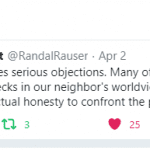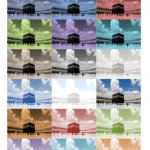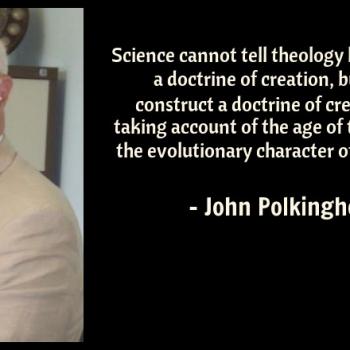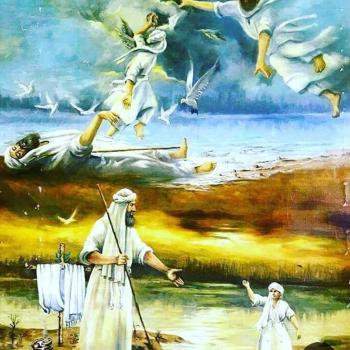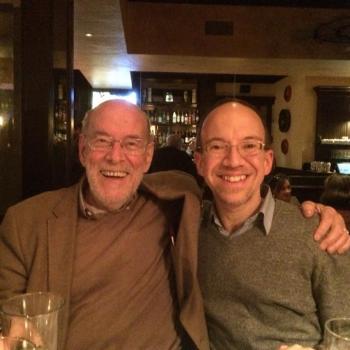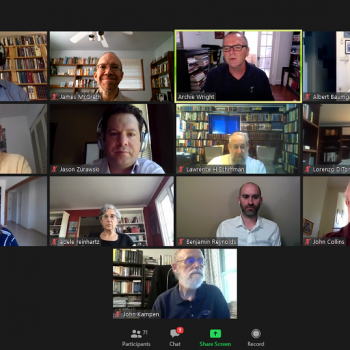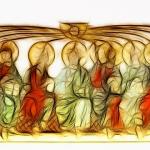As I prepare to teach my class on Religion and Science Fiction again, I’ve been thinking about a way to include some engagement with novel series by Octavia Butler and by Margaret Atwood that I’ve avoided having students read in their entirety lately, since there is so much other material and so many other topics that would have to be dropped in order to do so. Depth vs. breadth remains a perennial problem. But I have an idea and I’m... Read more



